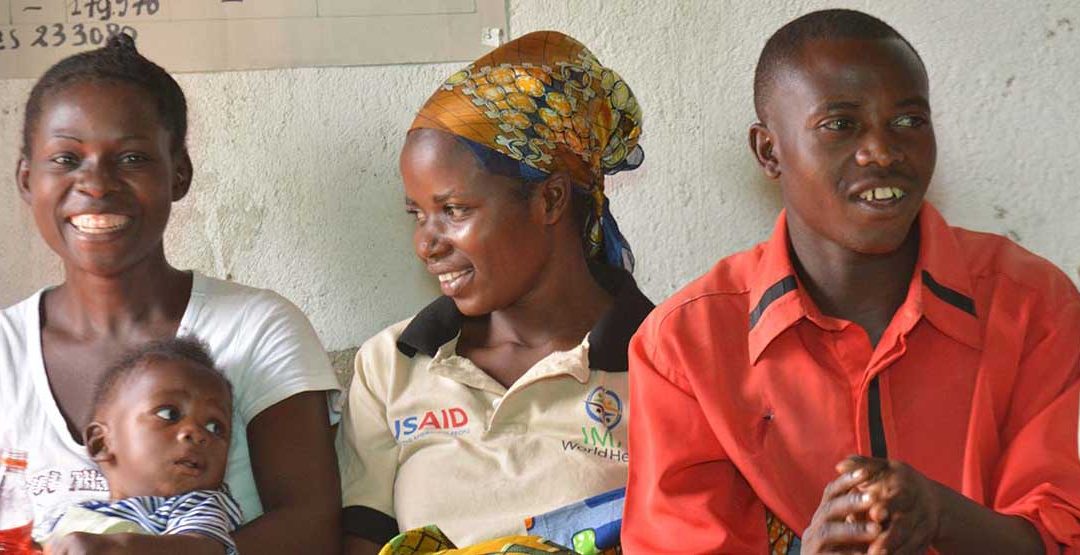The USAID-funded Project Ushindi has lived up to its name by helping thousands of women overcome sexual and gender based violence in the eastern Democratic Republic of Congo.
Ushindi means “to overcome” in Swahili and speaks to the goal of the project. Based in 10 “health zones” of the region, it provides holistic assistance — including psychosocial, medical, legal and socio-economic — to those in need.
That’s a collective population of 1.1 million in 108 health areas.
At the community level, Ushindi works through community core groups (Noyaux Communautaires) to ensure of sexual and gender based violence (SGBV) outreach, including identification and referral of survivors. Noyaux members receive training in governance, socio-economic interventions, women’s rights and family planning. To date, 108 Noyaux (one per health area) comprising more than 6,350 active members have been instrumental in outreach to and reintegration of survivors of SGBV.
Noyaux members are also actively involved in innovative SGBV prevention. For example, some women members have developed strategies for chatting and singing about family planning and responsibilities of being a wife and mother, even on the way to the fields.
The project mid-term evaluation (MTE) heard testimonies by local authorities and community members about the increasing levels of respect for shared household management, equality of gender roles, and reduction of both physical violence and denial of resources. The MTE also noted that Noyaux coordination of community-based psychosocial, medical, legal and socio-economic interventions makes them a promising platform for integrated development. Noyaux are well-positioned for multi-sectoral and integrated development.
The project is now encouraging more knowledge sharing and synergy of actions between community-based structures, including youth clubs, community relays, and churches in order to reinforce local ownership and sustainability include the following:
- Identify all local groups that could contribute to development;
- Organize the Noyaux so that each group can participate;
- Rotate leadership to avoid domination by one person;
- Establish sub-committees for specific functions;
- Define functions and identify training needs;
- Adopt communication systems to share/monitor progress; and
- Establish operational rules to protect group independence.
- The above actions during the final two years of the project will provide the best chance for Ushindi to “overcome” SGBV and to improve the sustainability of Noyaux as a promising platform for integrated development.


Recent Comments